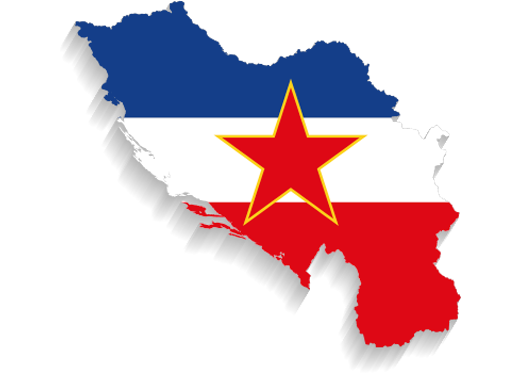(Grant Agreement n. 669194)
Deputy ambassador to the EEC (1968-1980)
He was deputy-head of the Yugoslav embassy to the EEC throughout the 1970s, representing a factor of continuity of Yugoslavia’s stance in Community Brussels. Working closely with Miloš Oprešnik, Petar Miljević and Bora Jeftić, he shared with them a staunch belief in the strategic importance of relations with the EEC. In 1976, when Miljević was absent from Belgrade due to health reasons, he headed the Yugoslav delegation which negotiated the 1976 EEC-Yugoslavia Joint Declaration. From Brussels, he made aware the Yugoslav government that the EEC regarded Yugoslavia as a political partner, and that Yugoslavia should insist on its peculiar position between the two blocs to get maximum economic benefits and concessions on the part of the Community.
|
He was a senior official at the Western European department of the Federal foreign affairs secretariat between 1973 and 1976. Working closely with Janko Smole, he was one of the main negotiators of the December 1976 EEC-Yugoslavia joint declar... |
|
Petar Miljević was Yugoslavia’s second ambassador to the EEC from 1971 to 1977. He succeeded Miloš Oprešnik, confirming the crucial role played by the Yugoslav embassy in Community Brussels. A permanent member of the Yugosl... |
|
Bora Jeftić was Yugoslavia’s ambassador to the EEC from 1977 to 1981. As such, he was one of the leading actor behind Yugoslavia’s negotiations for the EEC-Yugoslavia Co-operation agreement in 1980. During the turbolent post-1974 p... |
|
A Slovene member of the LCY, banker, businessman and career diplomat, Miloš Oprešnik was appointed as Yugoslavia’s first official representative to the EEC in September 1968. Oprešnik belonged to a generation of poli... |
|
Milica Žiberna worked uninterruptedly as an Assistant to the Federal foreign trade secretariat throughout the 1970s. In this function, she coordinated relations between the ministerial apparatus and the Yugoslav representation to the EEC. Not ... |
